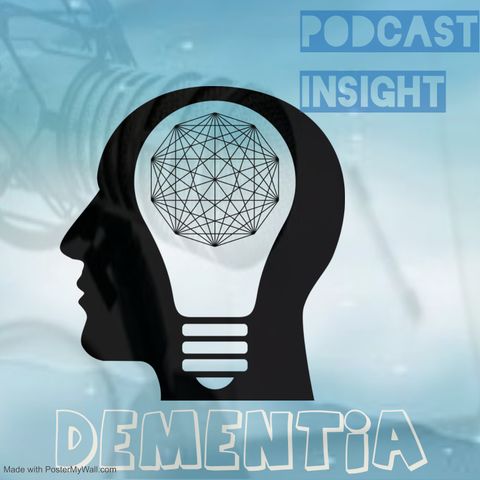
Contactos
Información
Research has showed that Dementia is the loss of cognitive functioning — thinking, remembering, and reasoning — to such an extent that it interferes with a person's daily life and...
mostra másDementia is more common as people grow older (about one-third of all people age 85 or older may have some form of dementia) but it is not a normal part of aging. Many people live into their 90s and beyond without any signs of dementia.
We have several forms of dementia, one of which is Alzheimer’s disease. A person’s symptoms can vary depending on the type.

DEALING WITH DEMENTIA
DEALING WITH DEMENTIA
-
How Do You Treat Dementia?
18 ENE. 2022 · Treatment of dementia depends on its cause. In the case of most progressive dementias, including Alzheimer's disease, there is no cure, but one treatment — aducanumab (Aduhelm™) — is the first therapy to demonstrate that removing amyloid, one of the hallmarks of Alzheimer’s disease, from the brain is reasonably likely to reduce cognitive and functional decline in people living with early Alzheimer’s. -
Is There Any Way to Prevent Getting Dementia?
18 ENE. 2022 · There's no certain way to prevent all types of dementia, as researchers are still investigating how the condition develops. However, there's good evidence that a healthy lifestyle can help reduce your risk of developing dementia when you're older. -
Reduce the Risk Of Dementia With a Nutritious Diet
18 ENE. 2022 · Heart disease and dementia share many risk factors (including high cholesterol and obesity), so it makes sense that a heart-healthy diet could also reduce your risk of dementia. Sadly, no diet can reverse or cure dementia. -
Coping With An Elderly Parent With Dementia
18 ENE. 2022 · Research has showed that Dementia is the loss of cognitive functioning — thinking, remembering, and reasoning — to such an extent that it interferes with a person's daily life and activities. it is clearly state that people with dementia cannot control their emotions, and their personalities may change quit alright. Dementia is more common as people grow older (about one-third of all people age 85 or older may have some form of dementia) but it is not a normal part of aging. Many people live into their 90s and beyond without any signs of dementia. We have several forms of dementia, one of which is Alzheimer’s disease. A person’s symptoms can vary depending on the type. -
What Are The Symptoms Of Dementia
18 ENE. 2022 · Research has showed that Dementia is the loss of cognitive functioning — thinking, remembering, and reasoning — to such an extent that it interferes with a person's daily life and activities. it is clearly state that people with dementia cannot control their emotions, and their personalities may change quit alright. Dementia is more common as people grow older (about one-third of all people age 85 or older may have some form of dementia) but it is not a normal part of aging. Many people live into their 90s and beyond without any signs of dementia. We have several forms of dementia, one of which is Alzheimer’s disease. A person’s symptoms can vary depending on the type.
Research has showed that Dementia is the loss of cognitive functioning — thinking, remembering, and reasoning — to such an extent that it interferes with a person's daily life and...
mostra másDementia is more common as people grow older (about one-third of all people age 85 or older may have some form of dementia) but it is not a normal part of aging. Many people live into their 90s and beyond without any signs of dementia.
We have several forms of dementia, one of which is Alzheimer’s disease. A person’s symptoms can vary depending on the type.
Información
| Autor | Rhonda Black Ramos |
| Categorías | Salud y forma física |
| Página web | - |
| ramosblack@raidpodcast.com |
Copyright 2024 - Spreaker Inc. an iHeartMedia Company
